
By Eline GADEGBEKU
Lung disease, typhoid, cancer and malaria.
These are a few of the health concerns I listed in my previous article that are surprisingly related to how trash is disposed of in Ghana; and how litter, especially, is a detrimental factor. But now that we know this, what can be done? And how can we possibly “fix this?”
In today’s article, I will address these looming questions, acknowledge what is being done, and push for more to be done in our neighbourhoods and throughout the world.
Optimistic fact: Research has proven that the use of renewable energies has skyrocketed over the past 10 years, with The Guardian even mentioning that the use of sustainable energies has superseded the use of coal so far this year!
The toughest part
Now that we’ve gotten a slice of optimism, let’s get into the real deal. From the first-ever Earth Day celebration in 1970 in the United States, stemming many eco-aware campaigns like the first trashion show (upcycled trash turned into fashion) in New Zealand in 2004, to Ghanaian eco-focused brands emerging to display their creativity and talent — for example, MckingtorchAfrica creating and launching the first-ever school desk and chair made fully out of recycled plastics, specifically sachet wrappers, in recent years — being eco-aware has been the thing for a while!
Being eco-aware, however, is no easy task. Let’s use the example of recycling in Ghana. Only about five percent of Ghana’s waste is recycled. Yes, just five. This 5 percent is a compilation of formal waste sectors sorting through properly disposed waste and picking out what is recyclable (yes, not all waste is recyclable as well!) and informal or private companies picking what they can from what they see.
There is no nationwide system of waste sorting, collection and recycling. This makes the idea of nationwide recycling feel less and less tangible; not to mention the inconveniences recycling can bring, like cost or lack of adequate facilities.
Why does this matter? Because recycling is such a beautiful thing — it’s almost like giving trash a makeover or another chance at life. Food waste can be turned into rich fertiliser; glass waste can be turned into beautiful Krobo beads; sachet wrappers can be turned into useful afro combs; even plastics, when burnt in a specific way without oxygen (pyrolysis), can be turned into fuel like diesel for local uses! Close your eyes and imagine a Ghana where, instead of burning plastics at the end of your municipal compound, all plastics and other waste materials are donated to an institution that will make much more out of it than lung-damaging, thick smoke.
Ghana has a wide range of eco-friendly policies, organisations and trailblazers who deserve support and encouragement to stay consistent and effective. Some examples from each sector include:
- Policy: Environmental Sanitation Policy (1999)
- Corporate: Zoomlion
- Start-up: BioGreen Ghana
- Creative: Buzstop Boys
- Tech: Ghana E-waste Ltd.
Together, they show how Ghana is steadily moving toward a greener future. Try searching up “eco campaigns in Ghana” You’ll be encouraged by what you find!
Turning trash into treasure
Let’s be honest, most of us don’t think of treasure when we hear trash. But what if it could be? Mass recycling, though extremely effective, is not the only way we can make a change. What if I told you that every day you could easily take one step forward in making the world a greener place and reducing the risk of the diseases I listed earlier?
How? The 3 R’s
- Reduce – This could look like taking your bottle everywhere you go so you don’t have to buy water, or cooking in smaller quantities to reduce food waste or buying items that you know are high quality to slow down the rate at which you have to discard them. Reducing is about lessening the amount of waste we create.
- Reuse – This could be donating old or used clothes to those in need, using empty jars or tins as piggy banks or pen holders or repairing that faulty watch of yours instead of rushing to discard it and buy the newest fleeting trend. Reusing is all about this: if it’s not broken, don’t trash it — and even if it is, you can still find a way not to!
- Recycle (D.I.Y. version) – From turning bottle caps into works of art, to sorting your waste at home and donating what you’ve collected to an industry that will make good use of it, to turning a rotten banana peel into rich fertiliser, recycling is all about finding a new use for everything.
The future is now
On a more serious note, the health of the earth is rapidly declining; and though our reinforcements have come in strong, our reaction was far too late. As we all know, until the moon is safe enough for us to live on, we are all stuck here on this planet until it’s time to leave.
We know that it is more inconvenient to save, reduce usage, use more sustainable materials, recycle and actively support initiatives and private collectors than it is to forget about our waste once it becomes waste. But isn’t that just like every other good thing — you have to work hard for it?
We need to go through the inconvenience today for our generations to see blue skies and green landscapes tomorrow. So make an effort, whether as big as starting an initiative of your own or something smaller yet impactful, like politely telling the lady at the bofrot stand that you don’t want that harmful black plastic bag!

Contact me @[email protected] to share the eco-friendly steps you have been taking to impact your community recently!
This article is dedicated to Uncle Atsu Gad and Aunty Barbara Yacuzzi for always being so supportive and encouraging about my articles. Lots of love!
>>>the writer is a 13-year-old student, writer and literacy advocate. She is a member of her school’s newsletter club and the founder of Titanic Beach Readers, a community reading programme she created to help children in her neighbourhood fall in love with books. Eline is passionate about storytelling, empathy and helping kids discover their voices through reading. Through her writing, she shares her thoughts and experiences from a young person’s point of view—speaking to both kids and grown-ups with honesty, curiosity and hope.
The post The problem we walk all over (Part 2) appeared first on The Business & Financial Times.
Read Full Story
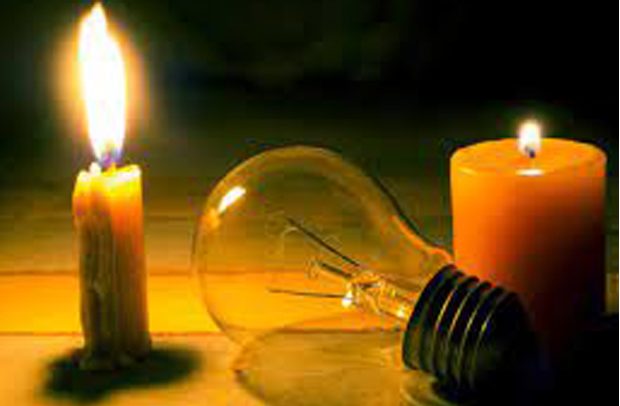



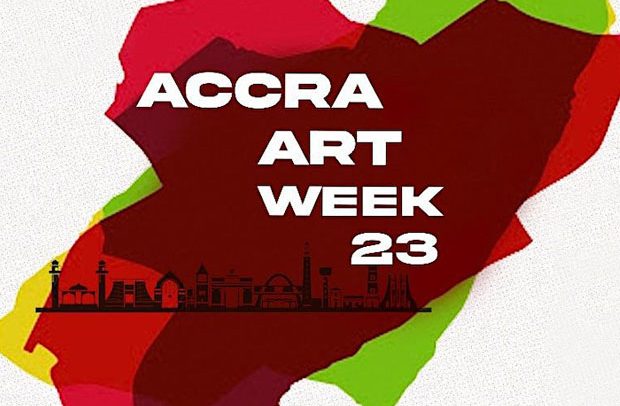


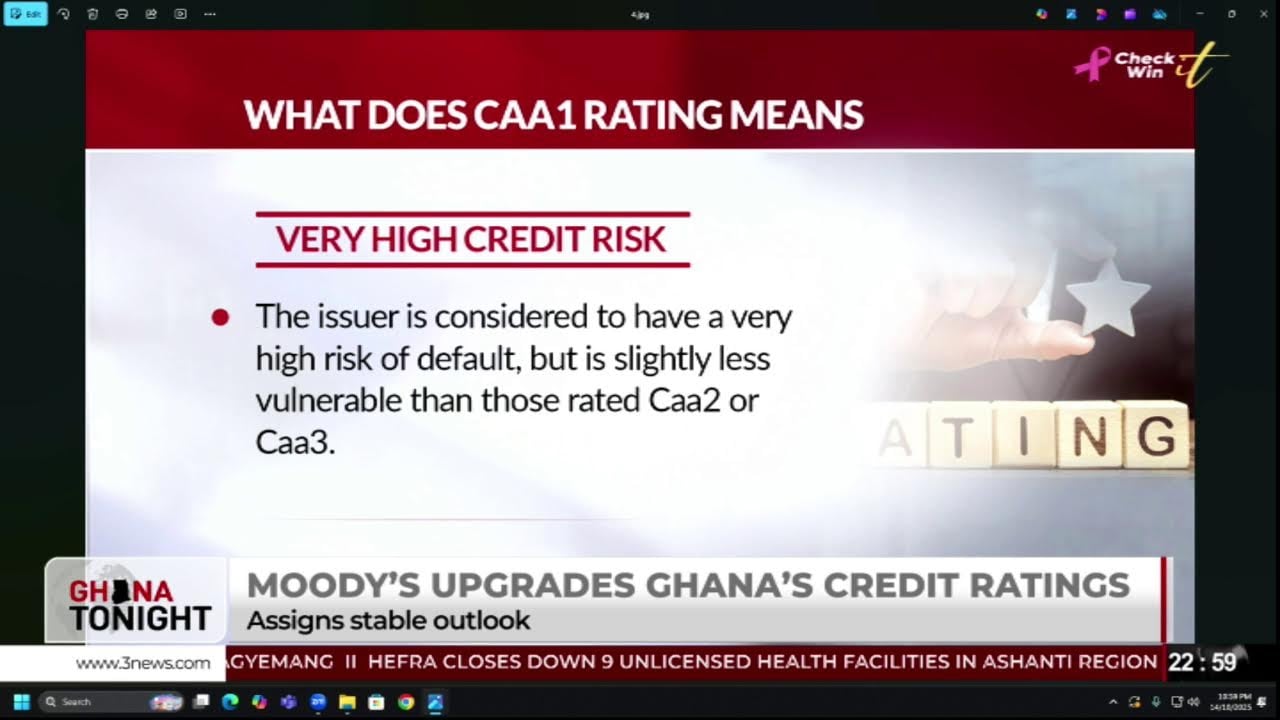






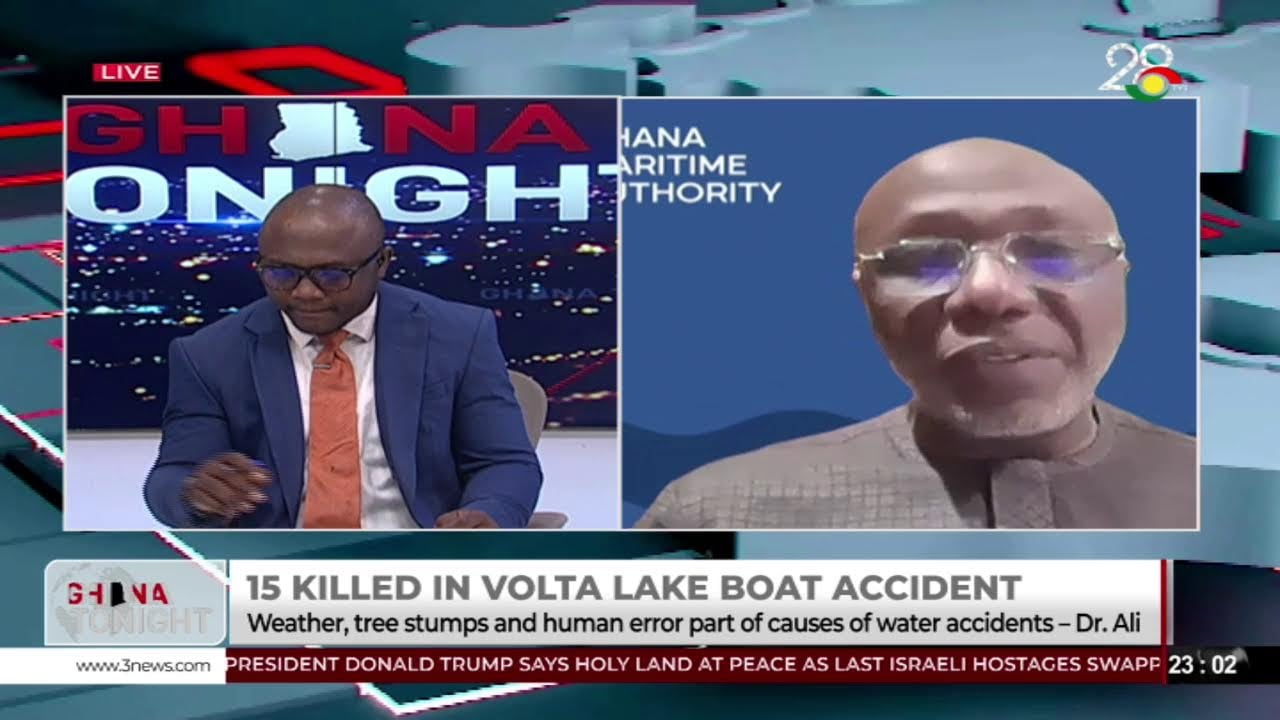


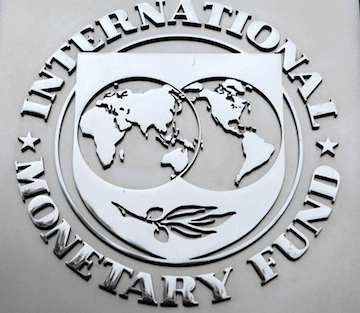
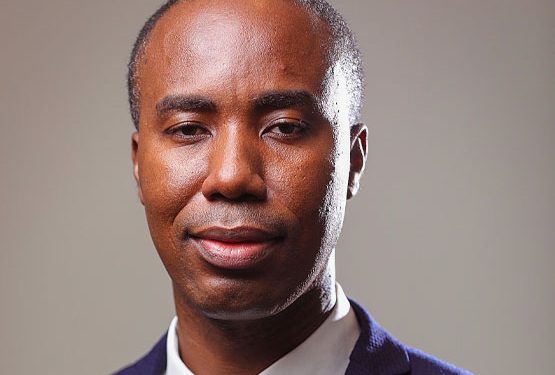








Facebook
Twitter
Pinterest
Instagram
Google+
YouTube
LinkedIn
RSS